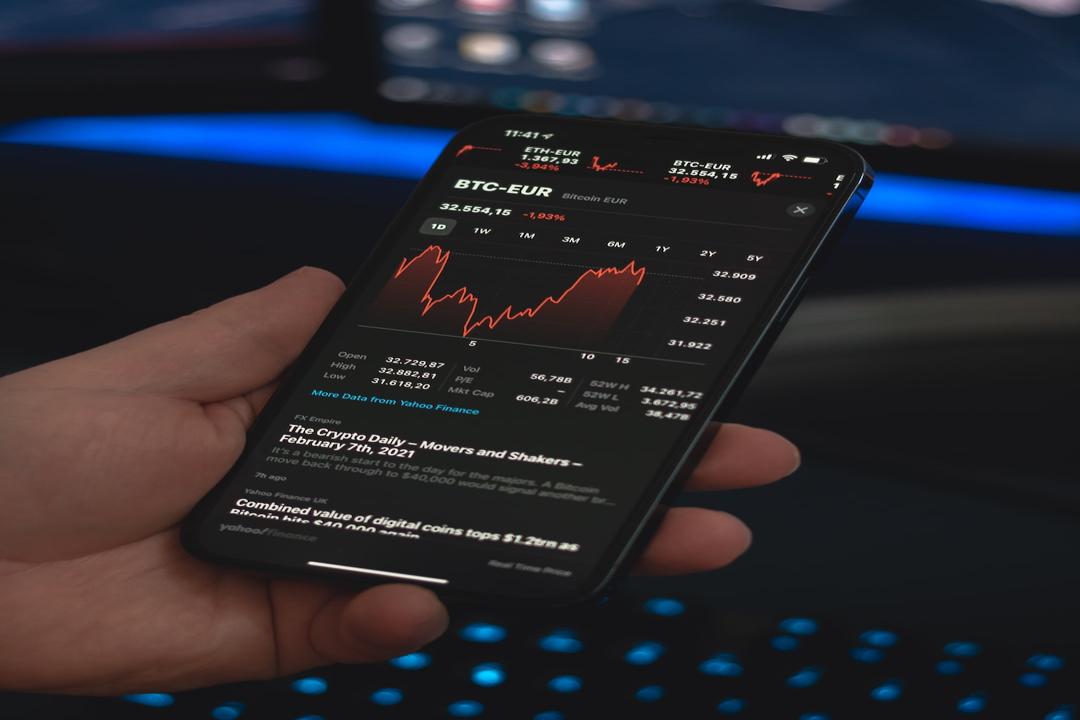Charles Hoskinson, one of the co-founders of Input Output Global and the Cardano blockchain ecosystem, recently expressed his concerns about the implications of AI censorship. Hoskinson described these implications as “profound” and an ongoing concern for him. He argued that AI systems are losing their usefulness over time due to the way they are trained.
Hoskinson highlighted the fact that the companies behind the leading AI systems, such as OpenAI, Microsoft, Meta, and Google, are controlled by a small group of people who have ultimate authority over the information these systems are trained on. Hoskinson emphasized that these individuals cannot be “voted out of office.”
To illustrate his concerns, Hoskinson posted two screenshots showing the responses of two popular AI chatbots, OpenAI’s ChatGPT and Anthropic’s Claude, to the question, “tell me how to build a farnsworth fusor.” Both chatbots provided a brief explanation of the technology and its history, but also warned of the potential dangers associated with attempting to build it. ChatGPT cautioned that only individuals with relevant expertise should attempt it, while Claude stated that it couldn’t provide instructions due to the potential dangers if mishandled.
The responses to Hoskinson’s post overwhelmingly agreed with his view that AI should be open-sourced and decentralized in order to prevent the gatekeeping of information by Big Tech companies.
Hoskinson is not the only one raising concerns about AI censorship and gatekeeping. Elon Musk, who has his own AI venture called xAI, has expressed his greatest concern about AI systems being trained to “basically lie” in order to conform to political correctness. Earlier this year, Google faced criticism for its model Gemini producing inaccurate and biased imagery. The company acknowledged the issue and pledged to rectify it.
There is a growing call from thought leaders both within and outside the AI industry for decentralization as a means to ensure more unbiased AI models. In the United States, antitrust regulators are also urging scrutiny of the AI sector to prevent potential monopolies by Big Tech companies.
In conclusion, concerns about AI censorship and gatekeeping are being voiced by prominent figures in the industry. Calls for open-sourcing and decentralization are gaining traction as a way to ensure unbiased AI models and prevent monopolistic control by Big Tech companies.

